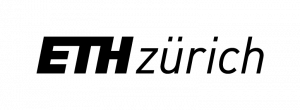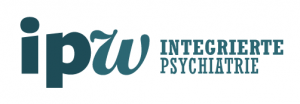Ähnliche Jobs



NTT DATA Business Solutions AG
•
Vollzeit
•
Bern (PostParc, Bahnhof Bern) oder Zürich-Flughafen (The Circle), Schweiz
•
vor 1Tg

NTT DATA Business Solutions AG
•
Vollzeit
•
Bern (PostParc, Bahnhof Bern) oder Zürich-Flughafen (The Circle), Schweiz
•
vor 1Tg

NTT DATA Business Solutions AG
•
Vollzeit
•
Bern (PostParc, Bahnhof Bern) oder Zürich-Flughafen (TheCircle), Schweiz
•
vor 1Tg


